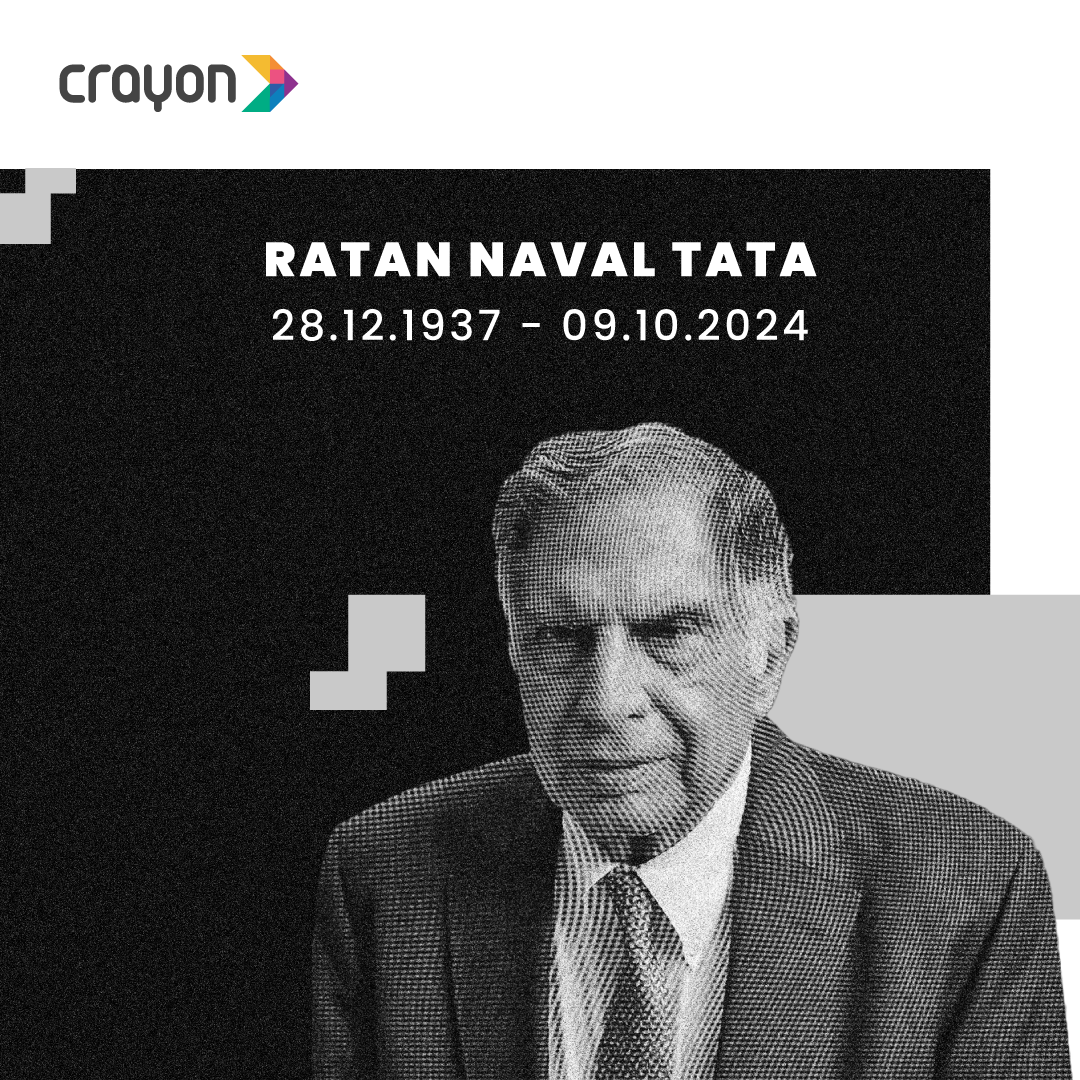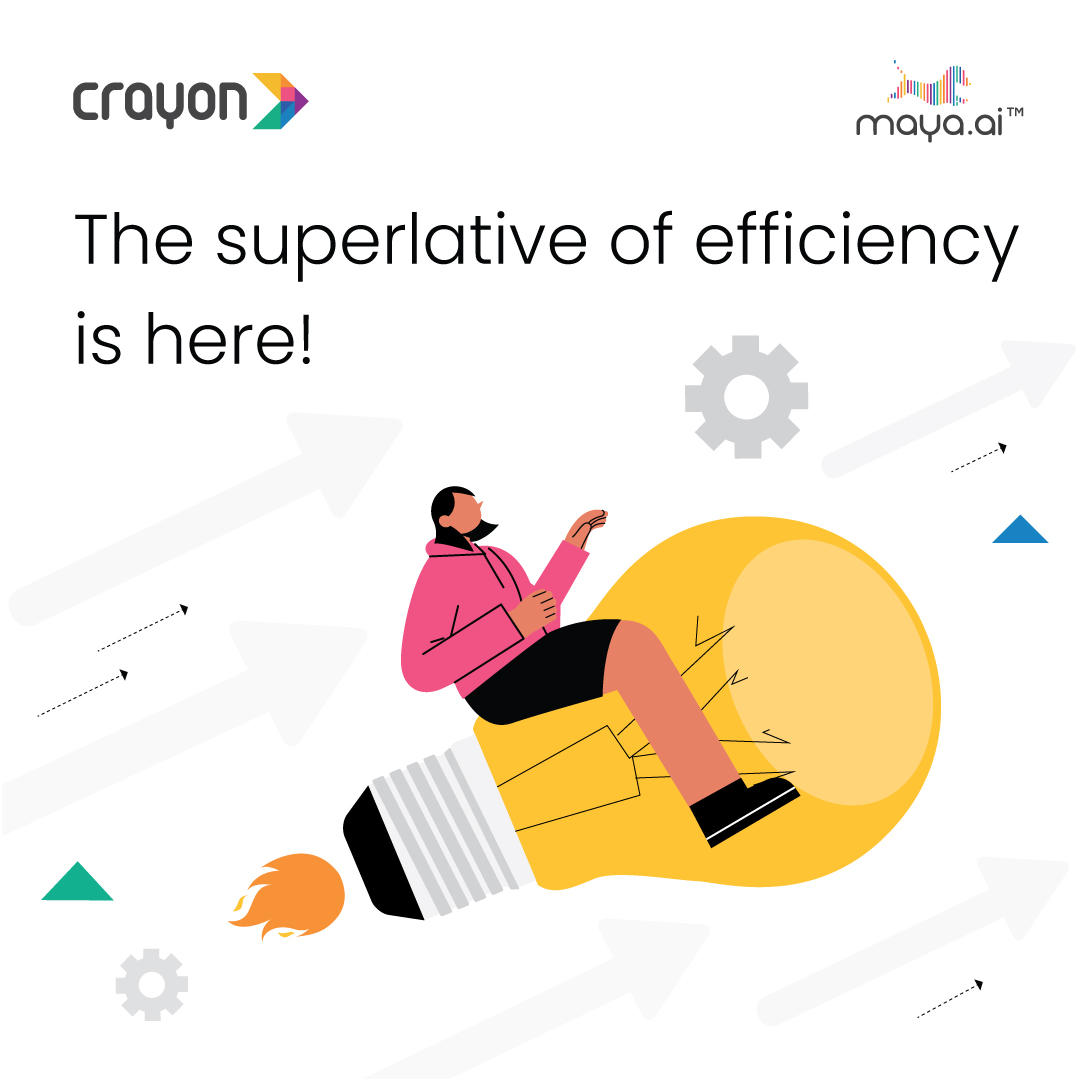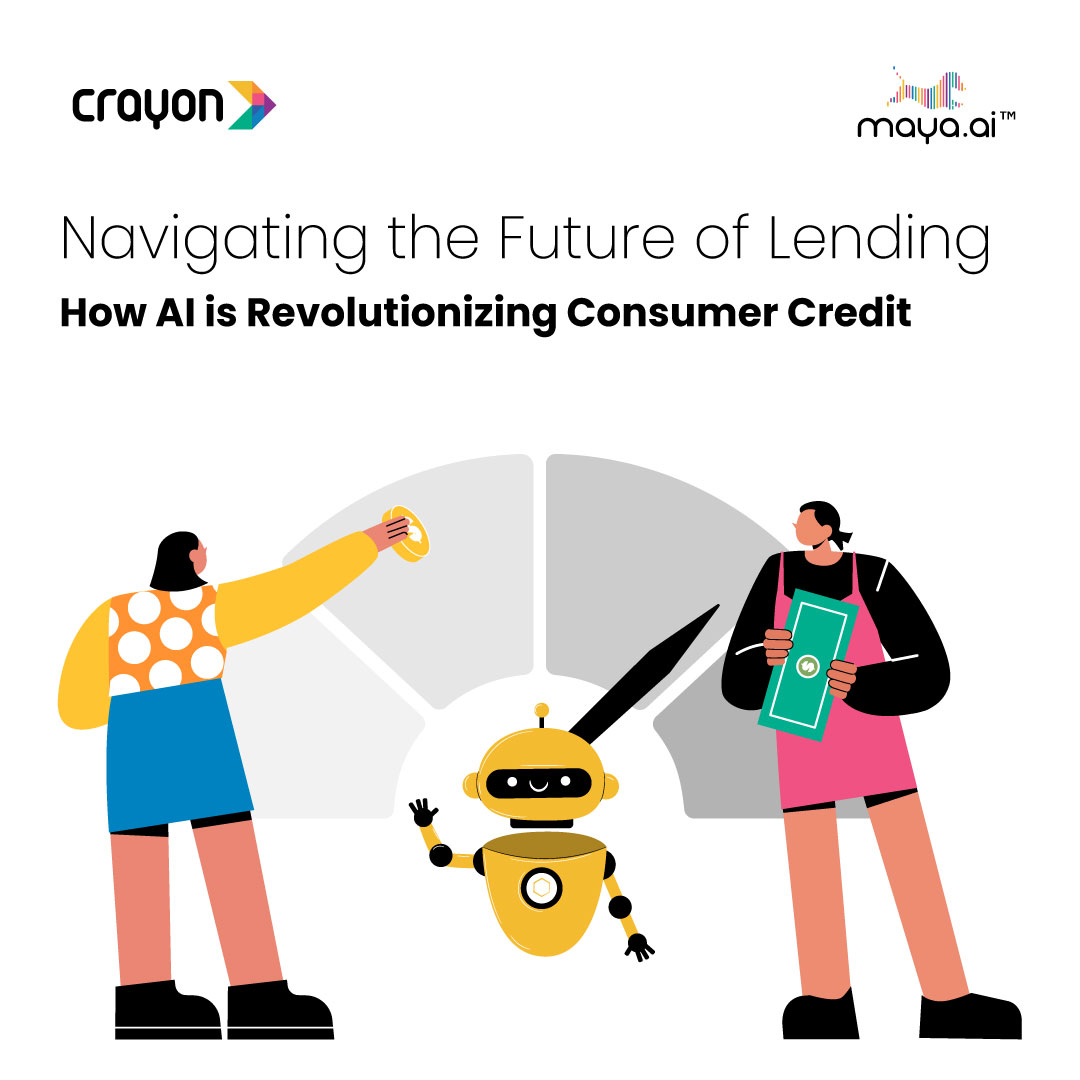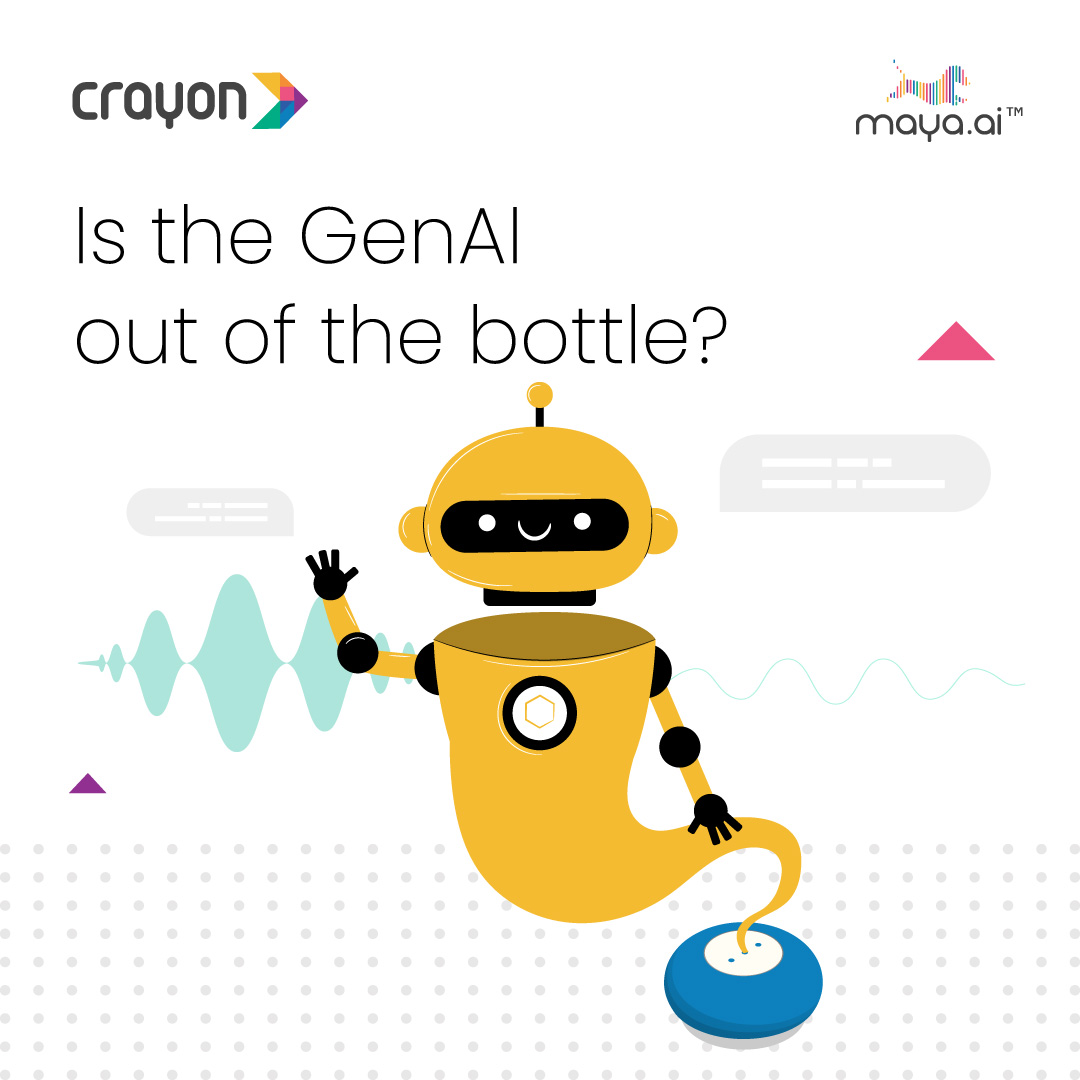In Season 2 of Slaves to the Algo, podcast host and AI evangelist Suresh Shankar connected with different leaders from digital marketing to EdTech to healthcare to travel. They discussed how AI has transformed and is continuing to transform their industries, their professional and their personal lives, too. This finale episode brings the top moments from this season, in 2 parts. Featuring Eric Siu of Single Grain, Valerie Wagoner of GoPay, David Shrier of Esme Learning Solutions and Gillian Docherty of The Data Lab.
About Slaves to the Algo
Whether we know it or not, like it or not, our lives have been taken over by algorithms. Join two-time entrepreneur and AI evangelist Suresh Shankar, as he talks to leading experts in various fields to understand how they are using or being used by algorithms in their personal and professional lives. Each episode highlights how businesses can leverage the power of data in their strategy to stay relevant in this new age of AI. Slaves to the Algo is brought to you by Crayon Data, a Singapore-based AI and big-data startup.
Suresh Shankar is the founder and CEO of Crayon Data, a leading AI and big data start-up based in Singapore. Crayon Data’s flagship platform, maya.ai, is the AI platform powering the age of relevance.
How to listen to our podcast
Apple Podcasts
Spotify
Google Podcasts
YouTube
Full Transcript of S2EP9 below:
Suresh Shankar (00:10):
Hello, viewers and listeners. Welcome to the finale of season two of Slaves to the Algo. When I started this podcast last year, my idea was to demystify the age of the algorithm. This season, I connected with different leaders from digital marketing to tech, to healthcare, to travel. We discussed how AI has transformed and is continuing to transform industries professional and personal lives. In this finale, I bring to you the top moments from this seasons’ episodes in two parts. Let’s begin. Let me start with the first episode of season two, where I chatted with Eric Siu, founder of Single Grain, digital marketing group, influencer and podcaster. While there were many great moments in that episode, the moment that stuck with me was when he described the core values and culture as the algorithm that runs your company.
Eric Siu (01:08):
If we’re going to build it, we have to build intentionally all the things people used to tell me that I used to think was baloney. You talk core values, you know, culture, that type of stuff. That actually, if you think about it, that is an algorithm that runs your company. If this happens, then this, if this happens then this right, if they don’t behave, if they don’t follow our core values, then we fire them. Yeah, I’ll be the first to say, I’m not an algo expert, but I mean, at the end of the day, I was just mentioning if this, then that right life is really just a lot of, if this, then that statements. And I think the culture is really, you can call it the plumbing of your company. I like to think of it as the programming of the company because of programming. You’re, you’re constantly adding new lines of code to it. You’re constantly making adjustments, you’re deleting code. What do you want to think about CRISPR, like gene editing and all that? You’re removing things. And you’re just doing that the whole time. When you add people, you add new code to it, your culture changes a little bit. And so you’re constantly adjusting it over time.
Suresh Shankar (01:57):
Here’s another great moment when Eric talked about the compounding power of algorithms, how machines continue to learn relentlessly and keep improving over time.
Eric Siu (02:11):
I’m just saying typically with business or any type of audience, it takes two to three years to get something going. And it’s just a compounding effect after that. So I think, you know, what I learned from that is, you know, if we think about, go back to algorithms for a second algorithms, don’t get impatient algorithms. They just keep going. They keep compounding over time. Right. so, you know, that’s what it is a machine, sorry, not algorithms, but machines just keep on going and going. They don’t have emotion tied to it. So you try to take those investing, that investing mindset to business and also to just building audiences and it’s, it’s a recipe for success.
Suresh Shankar (02:44):
In the second episode I was joined by Valerie Wagoner, the chief growth officer of GoPay and co-founder of Zip Dial, which she exited to Twitter. She is a leading name in technology and Valerie and I covered a lot of ground on how AI is transforming credit and lending e-commerce and retail and payments. But the key takeaway for me was when she said it has to be AI plus the product experience and how design positions on user interface should amplify the AI and optimize for what the algorithm can learn about you. Here’s what she had to say on this.
Valerie Wagoner (03:23):
You can never, AI does not, is not the solution. It has to be AI plus the product experience. It doesn’t matter how amazing your engine is, you know, of your car. If you don’t have like plush seats and a beautiful design and good handling with the steering wheel, you know, so it’s you know, it has to be a combination of the two. I think what’s changed over time is that the, the previously it was always lead with the product experience. And then AI is kind of an amplifier of that experience, making it more personalized, making more relevant, making more powerful, but always the kind of an add on now what we’re seeing is the AI, because the technology is so much more available and you, you know, you don’t have to have a team of hundreds of engineers or data scientists building from scratch, but there’s so much more that’s available to be consumed and, and built on top of that. There’s earlier adoption.
Suresh Shankar (04:25):
In episode three, I caught up with futurist, entrepreneur, educator and co-founder of Esme Learning Solutions, David Shrier, currently a professor of AI and innovation at the Imperial College Business School. David had many fascinating insights from decades of experience with technology and algorithms. One of my favorite moments when he pointed out that in today’s world data is life and how he recently worked with 200 different billionaire families to explore the concept of sustainable investing, using data.
David Shrier (04:58):
And then more recently at MIT I worked with 200 billionaire families to basically identify a rising trend around ESG analytics, environmental, social, and governments, governance analytics, which is a core concept at the heart of sustainable investing. And this, this generated an entire new research initiative at MIT Sloan around a more sophisticated model of assessing impact investing, using data. And now with my ed tech startup, as my learning, we’re using learner data about how teams collaborate to solve problems and playing back those AI derived analytics and positive feedback back loops to the learners to help people transform their careers. And so people who went through our approach to entrepreneurship for example, were 50% more likely to start a company than people who went through accelerators. So it’s been very exciting to watch analytics become more recognized and important and to see how it can transform lives. Data is life
Suresh Shankar (06:09):
In another fascinating moment. David talked about how AI can be used to increase course completion rates in online learning. We all know that there’s been a surgeon at tech, but that course completion rates continue to be very low across the industry. David and his team have used AI and data to bring course completion rates at SB learning to 97%, the highest in the industry. Let’s see what he has to say on that.
David Shrier (06:38):
You know, a lot of the conventional online learning has, has, as you say, a lot of people dropping out, right? So Coursera just filed their IPO. Edx is another big one, right? These, these platforms have about a 3.1% completion rate, which means 97% of the people drop out Masterclass. Everyone’s all excited about Masterclass. Masterclass has a 26% completion rate. Wow. Right? So three out of four people who start a masterclass never finish it because it basically masterclass figured out how to charge for the Ted Talk. So I applaud their business model. Somehow they figured out how to charge, oh my God. I just, you know, but nonetheless, Hey, kudos to them, but it doesn’t really solve this problem of learning. We have a 97% completion rate, right? We have the highest completion rate in the industry, almost everyone who tries will finish an Esme class. So, so that is a notable difference. And we hope that people start demanding performance. If you’re going to pay money for an online class, you should be getting a premium experience.
Suresh Shankar (07:45):
In the fourth episode, I spoke with Gillian Docherty. Gillian is a computer scientist, a business leader and founder of The Data Lab, Scotland’s center for innovation and AI. And Gillian had many great insights on how AI is being used to transform an entire country. But I have to say my top moment from this conversation was when she referred to AI in the context of whiskys and how one project involved building an algorithm that analyze the bottle type and the impact on tint and how that influenced consumer purchase decisions. Can you believe that?! How is your AI improving the quality of the scotch that we are consuming?
Gillian Docherty (08:21):
I think I may be giving me some trade secrets here today. So I’ll need to be really careful, but actually,uthere was a project about whisky tint. Whisky tint is, is a really important aspect of selling whiskys,uthe tint and the color of it. And one of the projects was building an algorithm to analyze the bottle type and the impact on tint and the environmental impact of where the bottle was kept. And what kind of facility, temperature, humidity, all those things. What are the ingredients there? They’re kind of environmental ingredients, the bottle, the physical ingredients that has the biggest impact on whiskey 10, but I can’t see any more. Otherwise I might have a whisky industry chasing me for giving away some trade secrets.
Suresh Shankar (09:12):
Gillian has also worked on using data and AI in many health care projects. She shared how a certain algorithm was up to 97% accurate in predicting which patients are likely to be blocked in hospital at the point of discharge, because they will need further assistance. And she tells us why that matters.
Gillian Docherty (09:32):
Just one more that I really loved was the delayed discharge project with the NHS. So I don’t think this is unique to Scotland, but if a patient gets admitted into hospital for a, for a treatment often that that treatment and illness leads to when they come to be discharged from hospital, they need additional care packages or maybe alterations in their home that, you know, whether it’s like a walk-in shower or a stair left or handrails, and often a patient gets stuck in hospital while all those things happen because it’s not, should we say processed until near, near the time where they’re allowed to be clinically discharged. And we worked in a project, w could we predict which patients that was likely to happen to a point of entry into hospital rather than a clinical discharge team and the algorithm that was joining different datasets together was 97% accurate in predicting which patients were likely to become blocked in hospital, hheir discharge time. And that allows you to start to look at intervening to build those, hupport mechanisms.
Suresh Shankar (10:45):
So those were some of my favorite moments from season two of Slaves to the Algo. Don’t forget to tune in next week for more such moments. We’Ll be featuring Sandeep Reddy of Medi-AI, Mieke De Schepper of Amadeus, Greg Palmer from the Finovate Group and Peng Ong from Monk’s Hill Ventures. And, of course, we hope you continue to stay safe in the age of COVID. This is Suresh Shankar, Founder and CEO of Crayon Data, and host of Slaves to the Algo. Slaves to the Algo is available on YouTube, Spotify, Apple Podcasts and Google Podcasts. Don’T forget to rate, share, subscribe and share widely with your network. See you next time!




